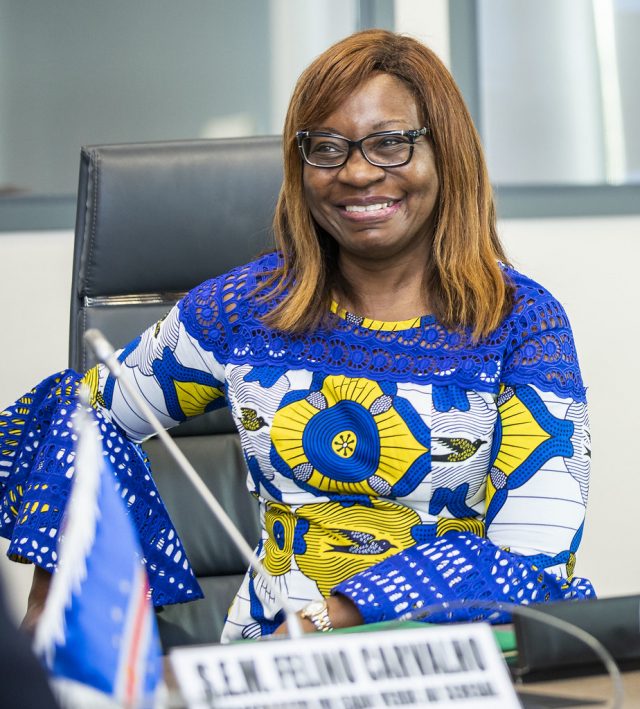AI chat is no longer just about faster answers or conversational tone. Search.com, a division of Public Good, has launched a generative AI search…
Pan-African crypto currency ‘can ease business costs’

A common crypto currency and an integrated capital market could boost trade in Africa and sustain growth after the Covid-19 crisis. As such, a collaborative effort was needed with financial institutions on the digitalisation of delivery and payment channels.
This was the view of experts at the African Economic Conference held in Cape Verde. They, however, reiterated that the continent first needed to harmonise national rules and protocols governing the financial systems of individual countries to make the reforms workable.
Anouar Hassoune, professor of finance and chief executive of the West Africa Rating Agency, participated in a discussion on reforming Africa’s financial system. He said a common crypto currency will ease the cost of doing business and give the continent an identity.
“We need to come up with a crypto currency that is acceptable to each member state. It’s better to do it at the continental level, and we have the expertise to do it. It’s a matter of governance, not an issue of technology,” Hassoune stressed.
He added that the proposed crypto currency could serve as an alternative to monetise some of the continent’s endowments, such as gold and other commodities.
Augustine Ujunwa, an economist at the West African Monetary Institute, said a well-functioning integrated capital market is crucial in raising debt to finance Africa’s development needs.
“Currently, our markets are small, our countries are small and we need to adopt a regional approach towards integrating markets. But, before we get there, we must harmonise our laws, regulations and protocols governing our fintech and digital systems,” he said.
Ujunwa said central bank financing had become critical, especially in the wake of the Covid-19 crisis. “Central banks should go beyond their price stability role and pursue a growth-focused monetary policy. They should begin to think of innovative ways of providing finance for the critical sectors of the economy.”

Prerequisites for pan-African crypto currency
The panel, moderated by Marie-Laure Akin-Olugbade, African Development Bank director-general for West Africa, also explored the role of central banks in financing Africa’s development, and Islamic financing.
Emmanuelle Riedel Drouin, head of the economic and financial transition department at Agence Française de Développement, supported the idea of a pan-African crypto currency, but said there were some prerequisites.
“We should not forget that there is a lot of work to be done on the digital infrastructure, the development of payment systems, payment system interoperability really needs to be worked on, so there is a lot of work to be done in collaboration with the financial institutions on digitalisation of delivery and payment channels,” she said.
She added that while central banks have a crucial role, it is essential for economies to diversify funding sources to lessen dependence on them.
Panellists noted that the existence of various regional groupings and their different protocols, including cross-border payments, need to be addressed to facilitate the implementation of an integrated capital market. Experience has shown that some countries are reluctant to allow other protocols to interface with their systems, they said.
The African Economic Conference was held in a hybrid format, with key delegates gathering on the Cape Verde island of Sal, as well as virtually. It brought together a wide range of stakeholders, including policymakers, development institutions, the private sector, and researchers, to discuss ways to sustainably grow the continent’s development funding sources.
The conference was organised by the African Development Bank, the United Nations Development Programme, and the Economic Commission for Africa.

